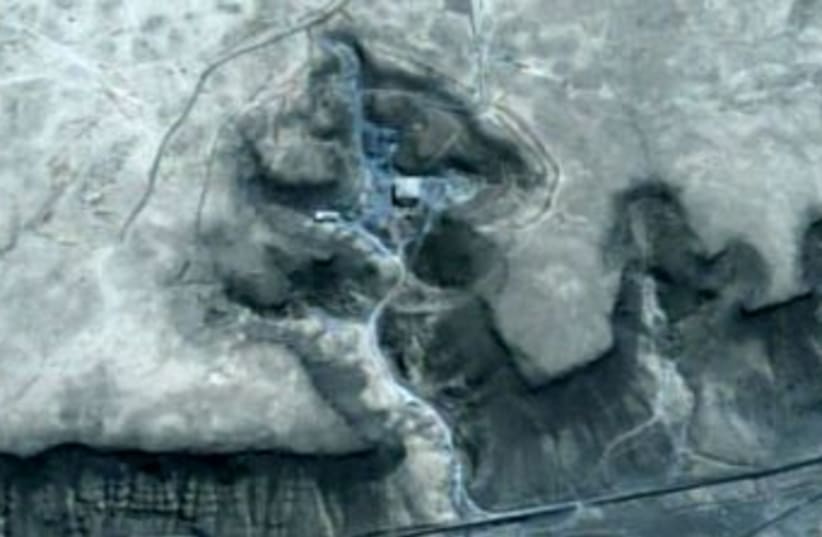Stopping Syria
Thankfully, there is a broad consensus that resorting to chemical weapons is a red line that must not be crossed, and that the Syrian regime must be stopped before it does. Less clear are the means that need to be taken to achieve that end.
